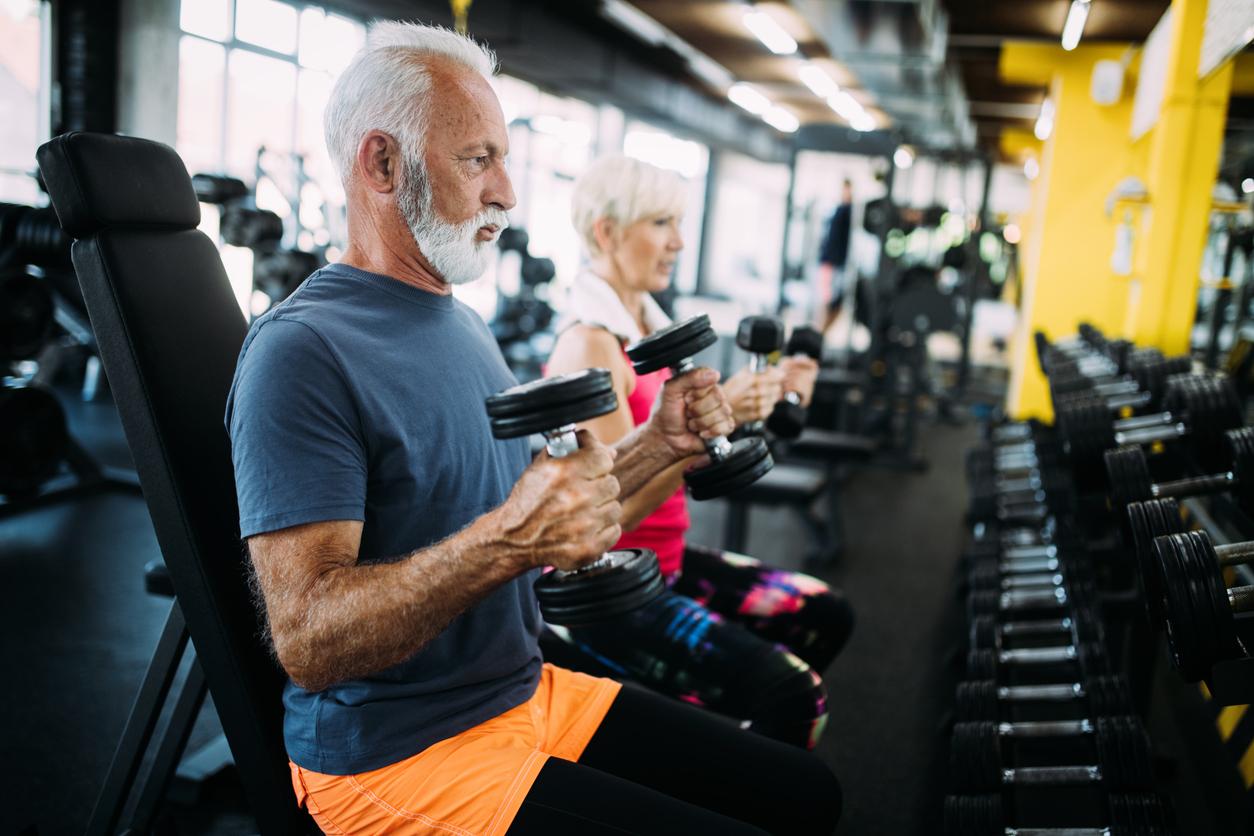Many people are surprised that physical exercise does not make them lose weight. A study carried out in the United Kingdom finally explains why sport, on its own, cannot cause an obvious change in body mass.

Is regular physical exercise enough to lose weight? We know that the effect of sport on the human body varies from person to person, but it is now possible to state that the associated eating behavior could considerably influence the results.
A study carried out by researchers at Bangor University in the United Kingdom, the results of which were published in the journal Applied Physiology, Nutrition and Metabolism Finally, it provides reliable data: it shows that if subjects do not modify their diet at the same time, physical exercise alone is not enough to lead to weight loss.
A complete analysis of hormones
To arrive at these conclusions, the scientists divided by lot 70 women into two groups. In the first, 34 women aged 18 to 32 participated in a workout three times a week, for a total of 4 weeks. In the second, 36 women of the same age group participated in the same session, but over a total of 8 weeks. Their weight, muscle mass and fat mass were measured before and after each workout. As well as regular blood tests, they measured the levels of their appetite hormones, including those of insulin, leptin, amylin, ghrelin and PYY-36. Hormones that can influence feelings of hunger. In order not to influence their behavior, the researchers led both groups to believe that the study aimed only to assess the effects of exercise on cardio-respiratory condition.
The boomerang effect
As a result, none of the women, whether thin, curvy, or obese, experienced significant weight loss at the end of their session. However, lean participants gain muscle mass. Dr Hans-Peter Kubis of the University’s School of Sport, Health and Exercise Sciences and his colleagues also found that overweight women experienced spikes in their hormone levels. ‘appetite.
“Our body system is so well regulated that it always finds a way to compensate for the loss of energy after exercise,” explains Dr Hans-Peter Kubis. This would justify that sport, on its own, is not enough to reduce body mass. “Whether they realize it or not, people who exercise may experience an increased appetite, which makes it difficult to achieve their goals.”
For physical exercise to be effective in terms of weight loss, the study said, it must be accompanied by a balanced diet. Dr. Kubis also notes that the primary goal should not be weight loss at all costs. “When we focus only on weight, the improvements obtained through sport are less.” In conclusion, the physical training tested did not lead to significant weight loss in the participants, but the variation in weight response to sport could be explained by the levels of appetite hormones.
.

















